Found on the periphery of the established art world, outsider artists work free from the constraints of the prevailing culture, creating unique and singular visions of the world around them. One of the most intriguing has to be James Castle.
Born deaf in rural Idaho, James Castle (1899–1977) never learned to speak, sign, read, or write. He spent most of his seven decades—often all day, every day—making art. Shunning conventional artist’s materials, Castle drew with a concoction of spit and soot collected from his woodburning stove, applied with sharpened sticks. His “canvases” and constructions were made from bits of ephemera found in the general store/post office run by his parents and connected to their home. He disassembled packaging, and used discarded mail, advertisements, cardboard, and twine.
Inspired by the world around him, he drew countless landscapes, farm buildings, and the rooms of his home. But he also invented a world of his own, complete with photo albums of imaginary characters, picture books with fantasy scenes, calendars of his own matrix, and texts written in a language only the artist understood.
Despite the crude nature of his materials or the fact that he was completely self-taught, the artwork displays an understanding of classical perspective, the nuances of light and shading, and an economy of line. Unencumbered by the cacophony of daily life, Castle’s work seems to have tapped into a rich interior life fueled by an unbridled imagination.
One cannot write about James Castle without mentioning the unusual circumstances of his life, but the work stands on its own. The fact that Castle’s work is in now in the collections of major US museums, and the subject of several recent exhibits, is a testament to his solid place in the history of American art.
On September 27th Untitled: The Art of James Castle (http://americanart.si.edu/exhibitions/archive/2014/castle/) opens at the Smithsonian American Art Museum, showcasing fifty-four pieces acquired for their permanent collection in 2013.
Boise Art Museum’s current exhibition, James Castle (http://www.boiseartmuseum.org/exhibition/james-castle/), will be on view through February 1st, 2015. Boise Art Museum holds the largest museum collection of artwork by Castle.
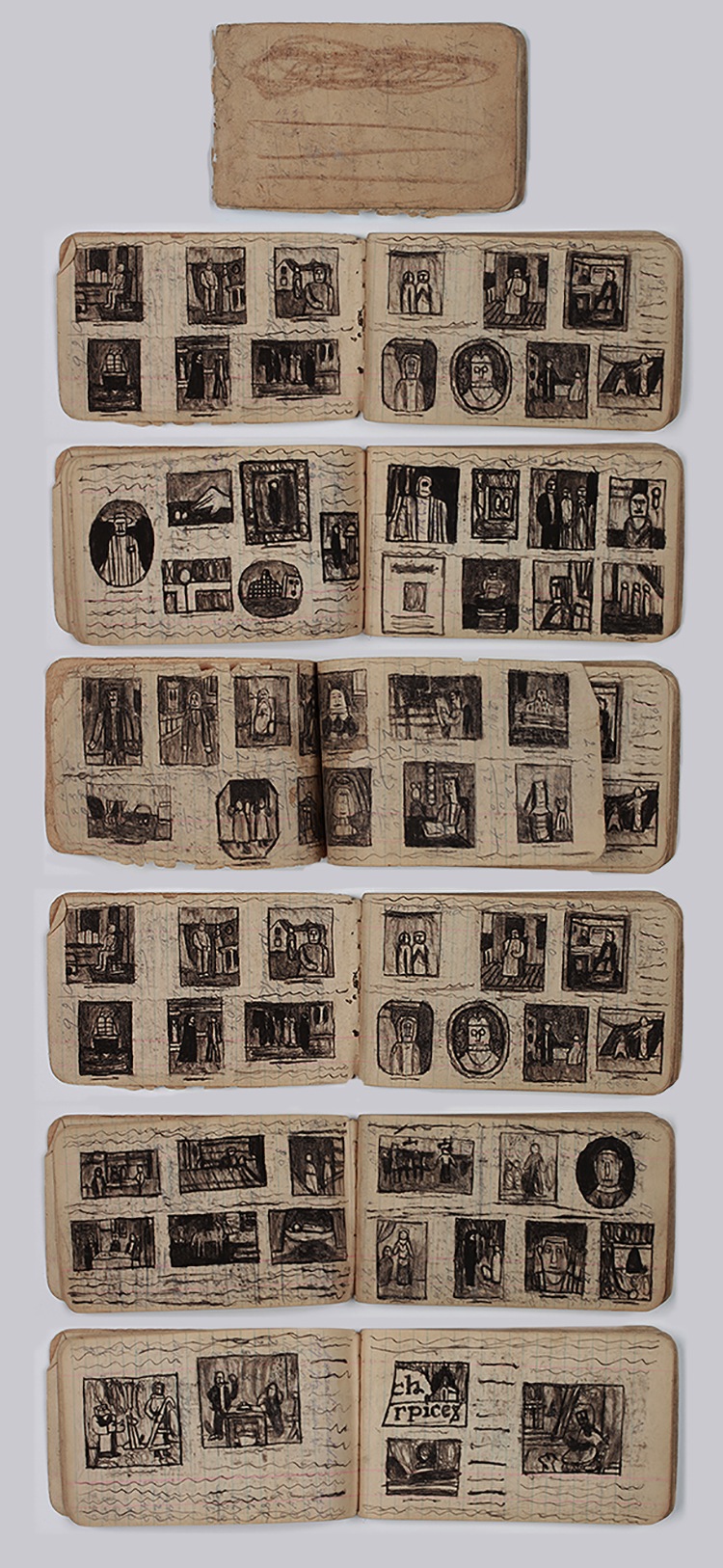
Untitled book, 136 pp., n.d. | Found paper, soot, string
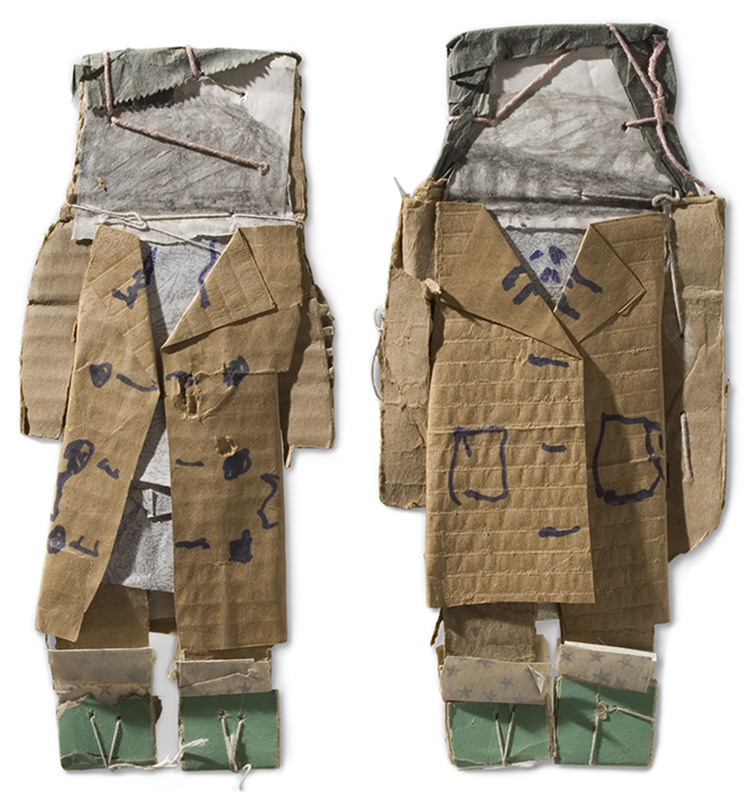
Untitled, n.d. | Found Paper, soot, string, ink 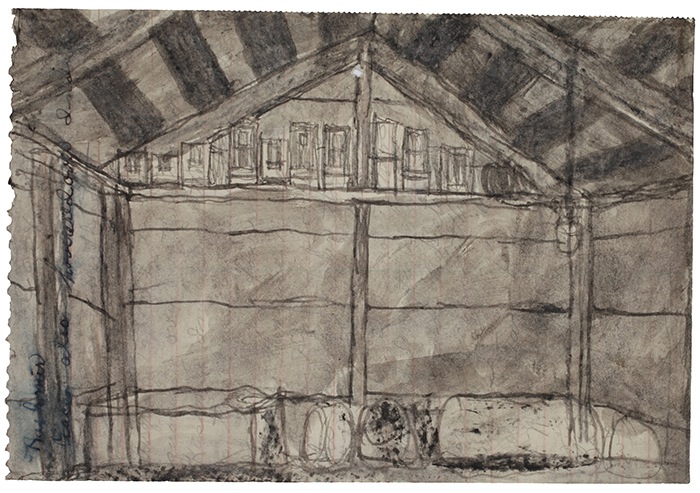 Untitled , n.d. | Found paper, soot
Untitled , n.d. | Found paper, soot 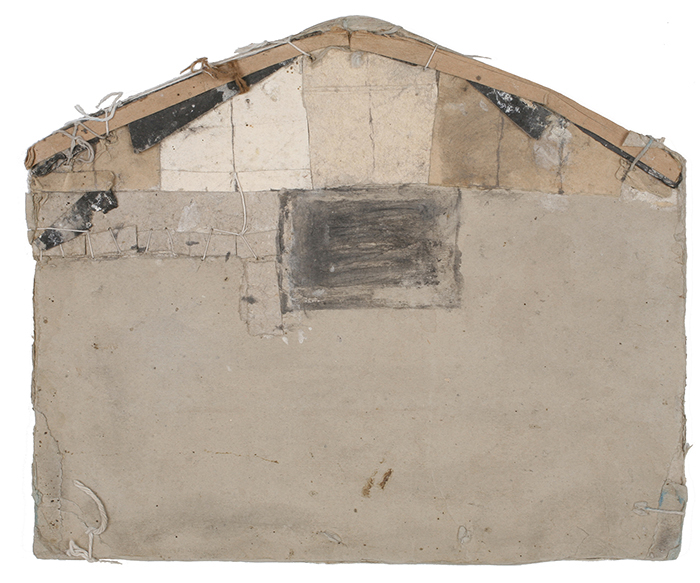
Untitled, n.d. | Found paper, soot, string, wheat paste
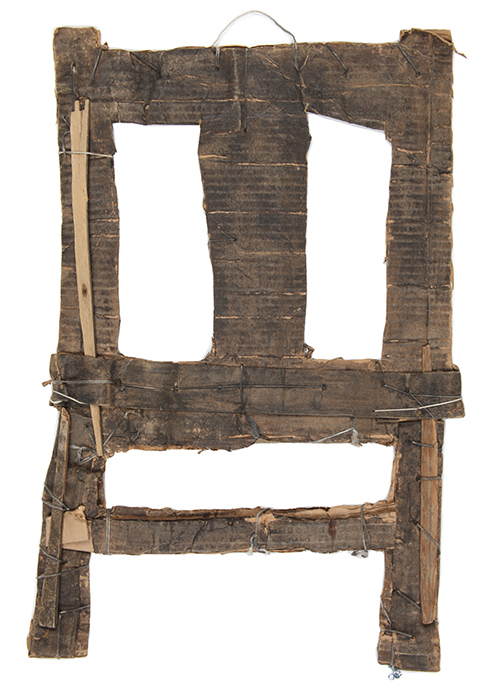
Untitled, n.d. | Found paper, soot, string, wood
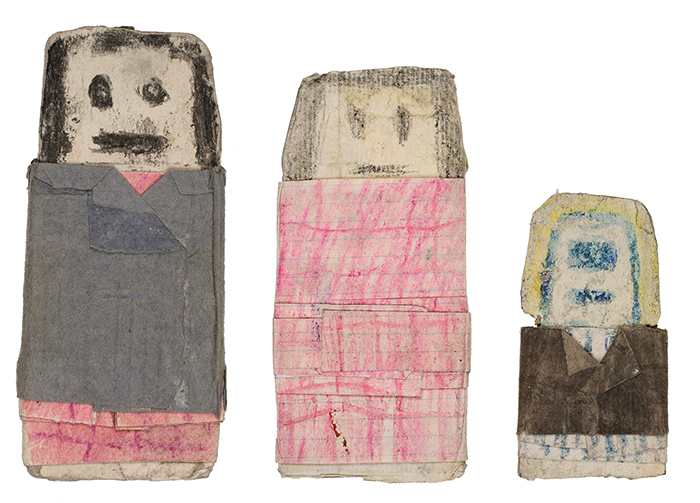
Untitled, n.d. | Found paper, soot, color of unknown origin, wheat paste
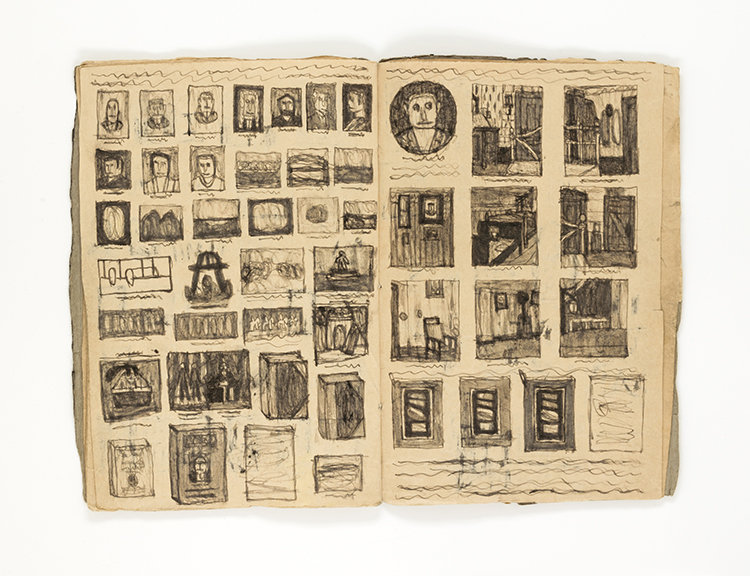
Untitled, n.d. | Found paper, soot, string | Smithsonian American Art Museum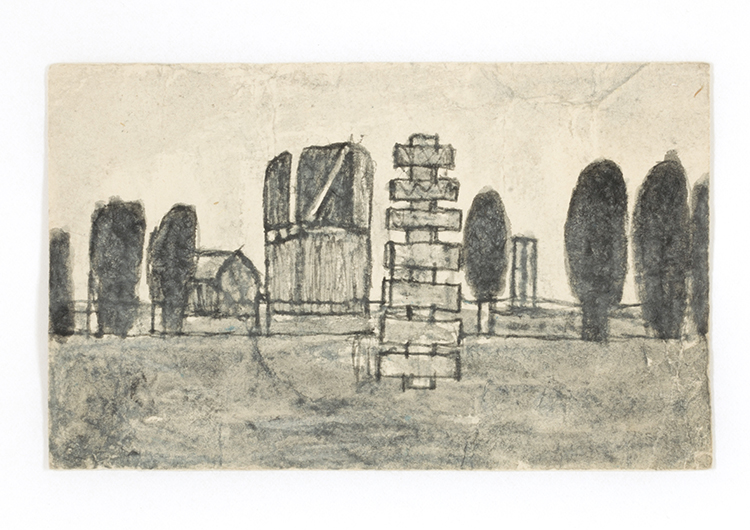
Untitled, n.d. | Found paper, soot, string | Smithsonian American Art Museum
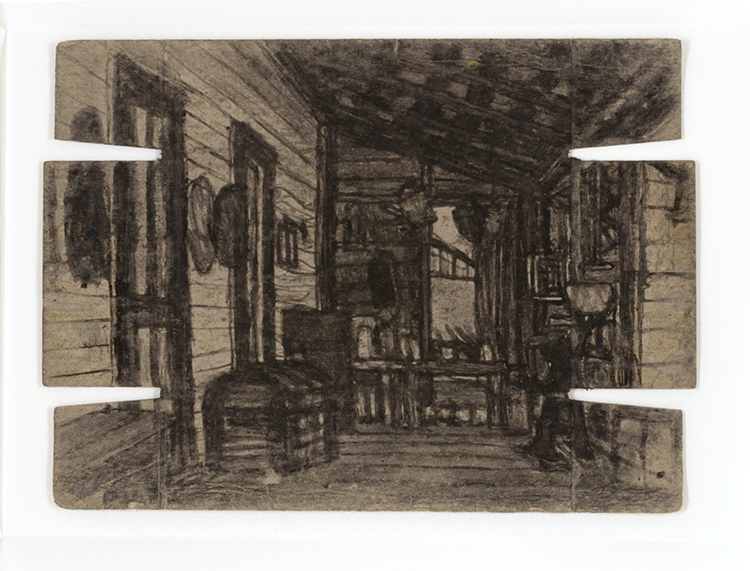
Untitled, n.d. | Found paper and soot | Smithsonian American Art Museum
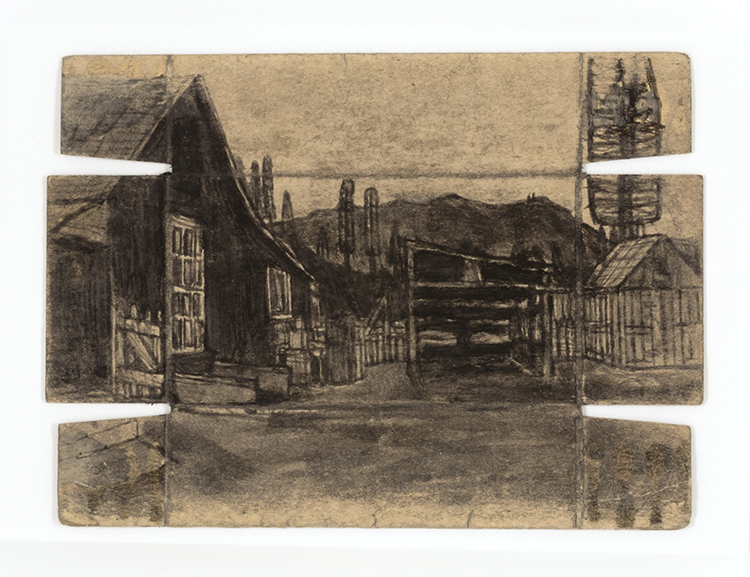
Untitled, n.d. | Found paper and soot | Smithsonian American Art Museum
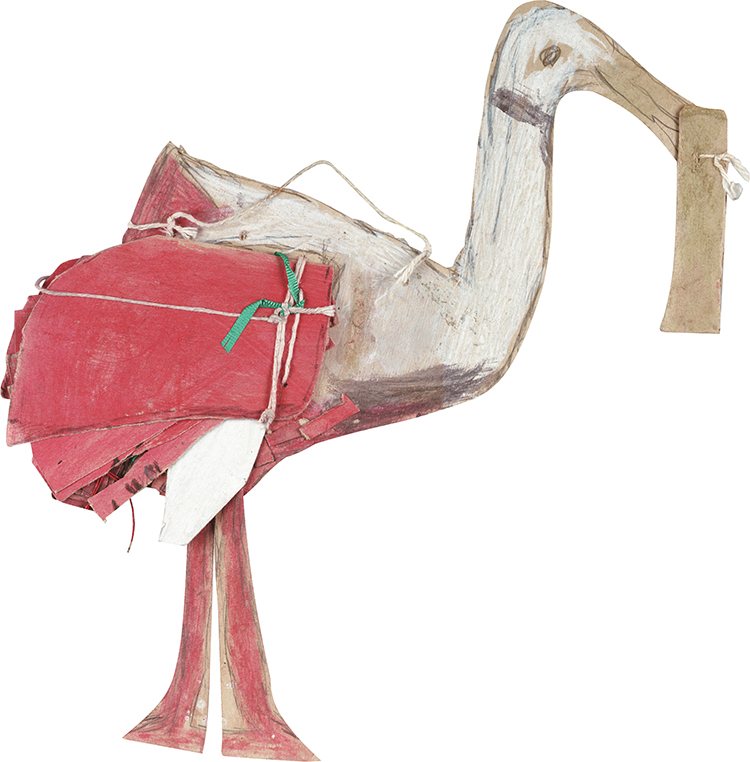
Construction, Stork | Cardboard, ribbon, string, pencil, colored pigment | Collection of the Boise Art Museum
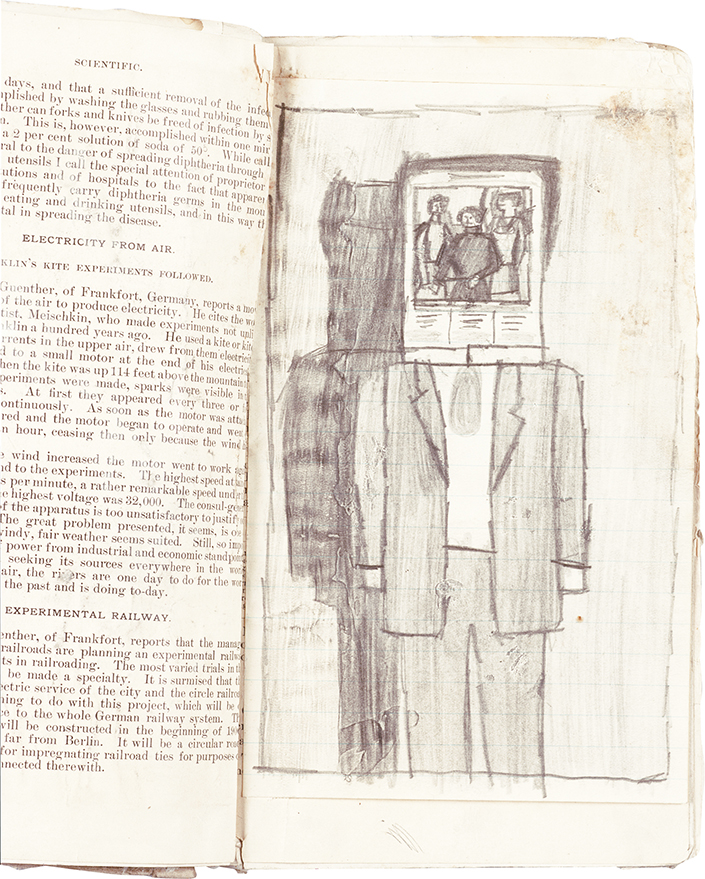
Handmade Book, For Pipe & Cigar Smokers (detail) | Found paper, cardboard, string and pencil | Collection fo the Boise Art Museum
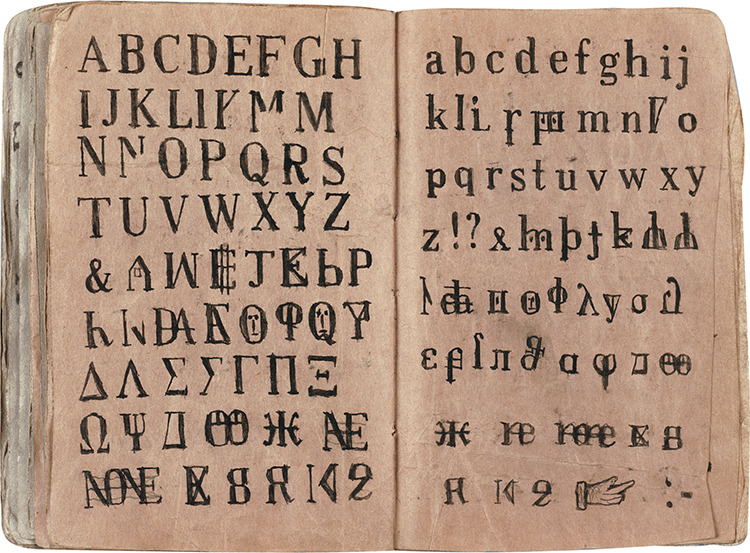
Handmade Book, (PID) (detail) | Soot and saliva on found paper and cardboard
All images courtesy of the James Castle Collection and Archive. With thanks to the Smithsonian American Art Museum, The Boise Art Museum, and the James Castle Archives.
